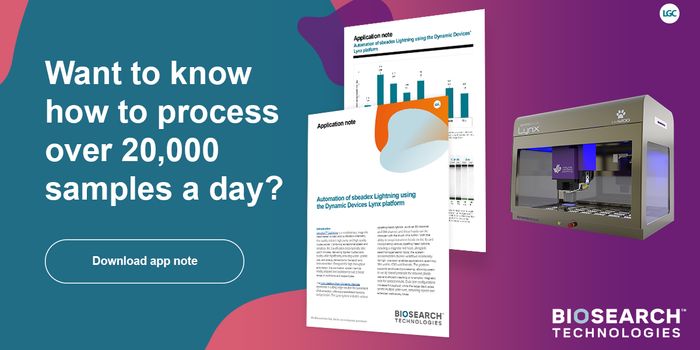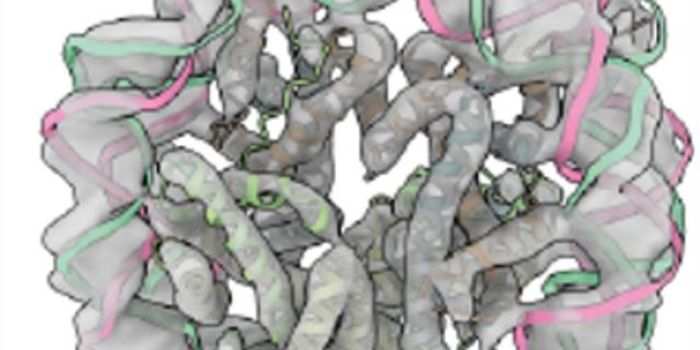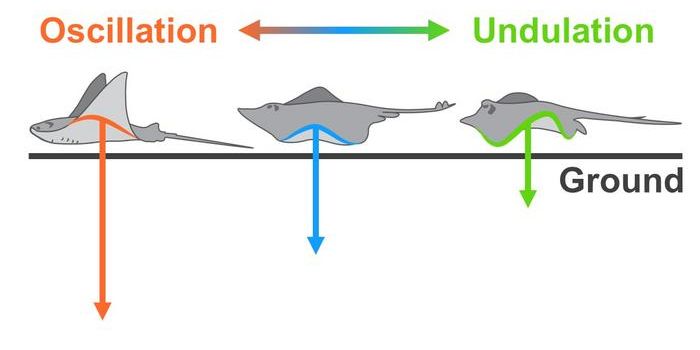Converting plastics and greenhouse gases into sustainable energy
When it comes to a cleaner environment, there’s a lot of work to be done. This includes finding ways to manage substances produced by humans that further contribute to climate change and the damaging of our environment. For example, excess amounts of plastic harm animal populations around the globe. At the same time, greenhouse gases, the most prominent culprit behind climate change, pose significant threats to the environment. That’s why, for example, people are searching for cleaner ways to produce energy and reduce the amount of substances like CO2 humans produce.
One possible solution could be finding ways to turn these harmful substances into something useful. A team of researchers at the University of Cambridge have developed a new way to take substances like plastics and greenhouse gases and convert them into useful products, including materials for sustainable fuels. And all that’s needed is sunlight. The team’s work is published in a recent article in Nature Synthesis.
The system designed by researchers involves two different reactors, one designed to process plastic and one designed to process specific greenhouse gases. Each reactor has something akin to a solar panel to absorb light to power the reactionary change, though researchers have designed the system to be based on perovskite, which may offer a more efficient, clean alternative to silicon-based solar panels.
During testing of their system, researchers were able to produce two different substances from CO2 and plastic bottles: syngas and glycolic acid, respectively. Syngas is a common component of many types of sustainable fuel, while glycolic acid has uses in different types of cosmetic products.
While other technologies exist that can use solar power to recycle plastic and gases like CO2, this is the first-time researchers have been able to design a system that can do both at the same time. This new system also represents a more energy efficient way of turning harmful substances into something that can be used for cleaner purposes.
The study was funded by the European Research Council.
Sources: Science Daily; Nature Synthesis








